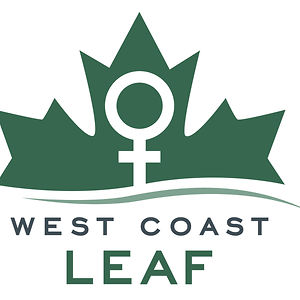Cancellation of mother-baby program was unconstitutional
The BC Supreme Court has just released its decision in Inglis v. Ministry of Public Safety and Solicitor General of BC. We are happy to announce that the Court agreed with the plaintiffs, as well as the interveners West Coast LEAF and the BC Civil Liberties Association, that the provincial government’s decision to close the mother-baby program at the Alouette Correctional Centre for Women (ACCW) was unconstitutional and violated the rights of both mothers and their infants.
West Coast LEAF intervened to argue that the cancellation of the mother-baby program at ACCW was constitutionally prohibited and that the program must be reinstated. Pointing to the over-representation of Aboriginal, poor, and otherwise marginalized women in prisons, we argued that the Charter‘s equality provisions mandated reinstatement of this important program. In particular, Aboriginal families have faced historic dislocation and state interference, from residential schools to the Sixties Scoop to the gross over-representation of Aboriginal children in state care today. Cancelling the program perpetuated the historic prejudice and disadvantage suffered by Aboriginal families and communities.
After the program was cancelled in 2008, babies born to incarcerated women were apprehended by the Ministry of Children and Family Development at birth. Mothers and their babies were thus deprived of the opportunity to bond, breastfeed, and develop close familial attachments, despite the fact that mothers wished to and were deemed able to care for their children. The plaintiffs argued that a mother’s status as a prisoner should not deprive her or her baby of the unique and deeply meaningful benefits of being together during the newborn period.
The Court held that mothers’ and babies’ equality rights, as well as their rights to security of the person, were violated by the government’s decision to end the program. The decision to end the program was not made with due consideration of the best interests of children or the constitutional rights of mothers, nor was the cancellation due to any legitimate fears about potential harm to babies. In fact, the evidence showed that the program was beneficial to mothers, babies, and the prison environment as a whole.
Today’s decision is a great victory for highly vulnerable women and their children.
This article was re-blogged from West Coast Leaf on December 16, 2013.





